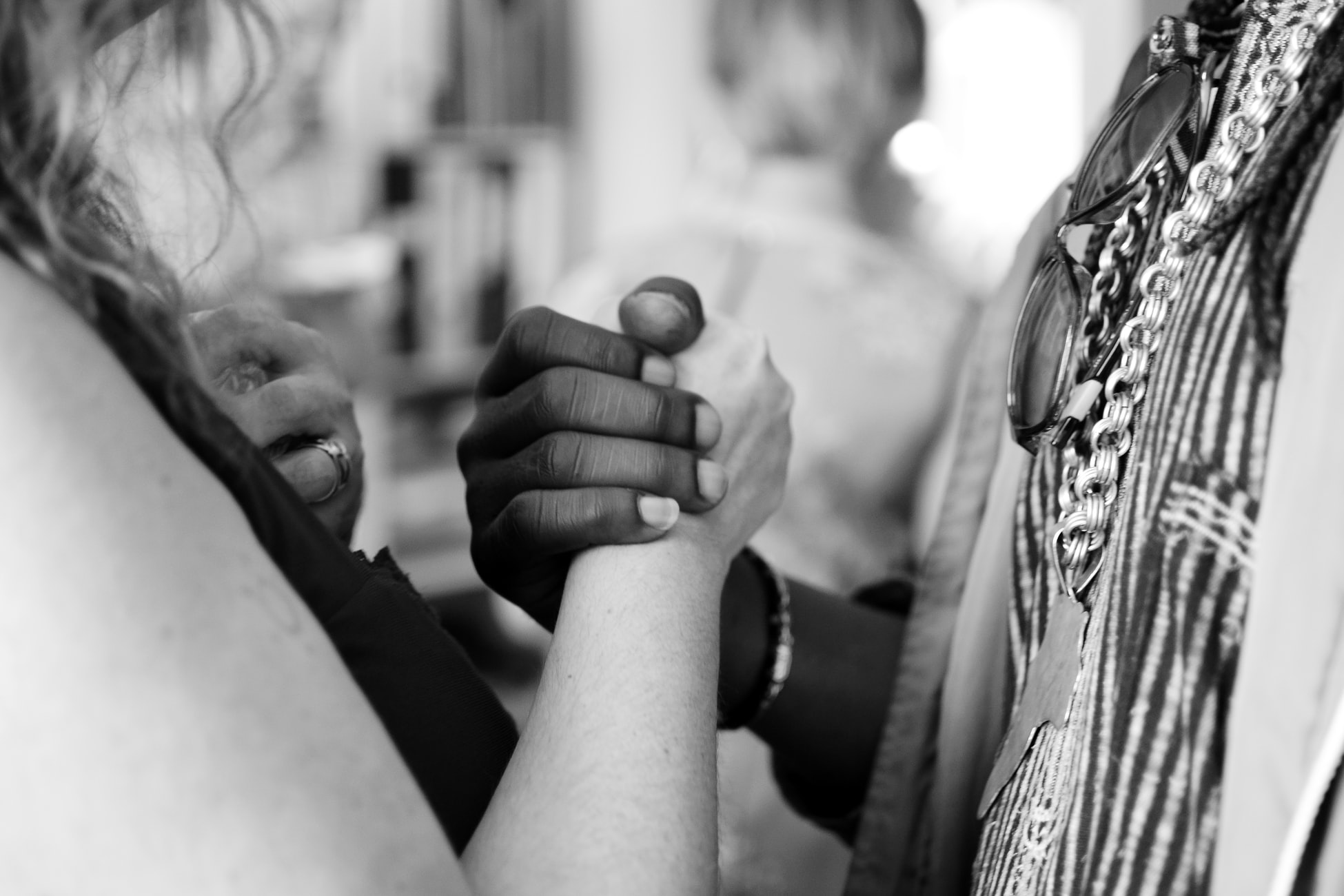What is it?
Multicultural therapy addresses the concerns of those whose race, ethnicity, religion, gender identification, income, disability, or other social factor falls outside of the majority. Issues that arise for minority groups, such as oppression, racism, and marginalization, are relevant and recognized. The therapist is more culturally aware, and there is more emphasis on individualism than in some traditional therapy settings that take a more universal approach. Multicultural therapy is a form of talk therapy.
When It's Used
Members of minority groups, including immigrants and refugees, and others who feel marginalized by majority members of society can benefit from multicultural therapy. Multicultural therapy can be applied to cognitive behavior therapy, couples counseling, family therapy, and other types of therapy appropriate for children, adults, individuals, or families.

How It Works
Multicultural therapy recognizes that psychosocial development is not necessarily the same for people of different cultures and backgrounds, and that minority groups are underrepresented in the mental health professions. In multicultural therapy, the quality of the relationship established between me as the therapist and you as the client is key to success.
What to Expect
At first, time may be spent developing trust and mutual respect as you come to understand the therapeutic process and as I come to understand your issues, needs, and expectations. I can then begin to help you understand which aspects of your problem may be rooted in the relationship between your culture and the majority, dominant culture, and which may stem from something else. Together, you work to find appropriate solutions.
As a multicultural therapist, and a licensed mental health professional, I strive to achieve cultural expertise through graduate work, continuing education, and with additional training in cultural competency. Developing cultural sensitivity and competency is an ongoing process, so it is important for me as a therapist to stay up-to-date in multicultural therapy. In addition to training and experience, it is important for me to communicate an awareness of your particular culture, beliefs, and practices, in order to help you meet your goals and expectations for treatment, I collaborate with you to assist you to feel comfortable discussing personal issues openly and comfortably.
(Information from Psychology Today)